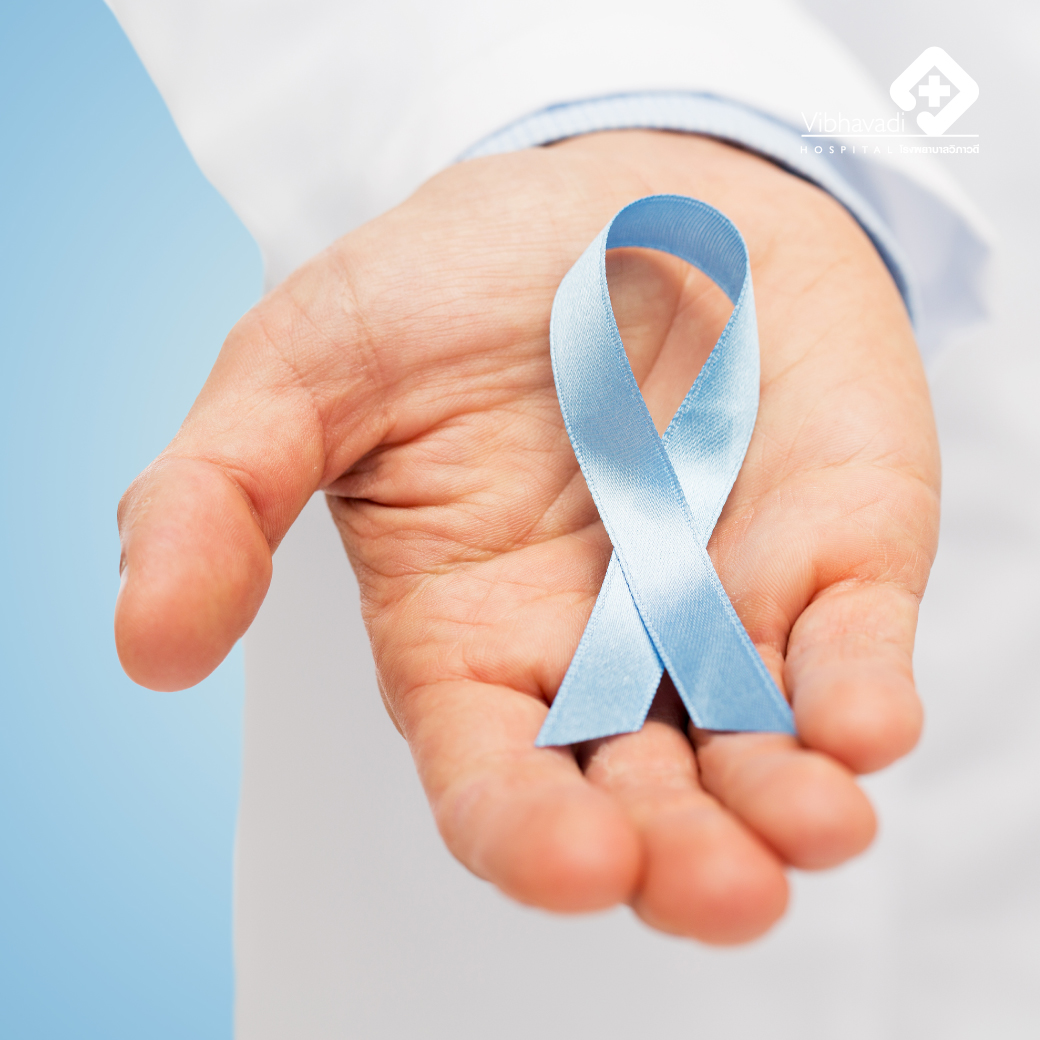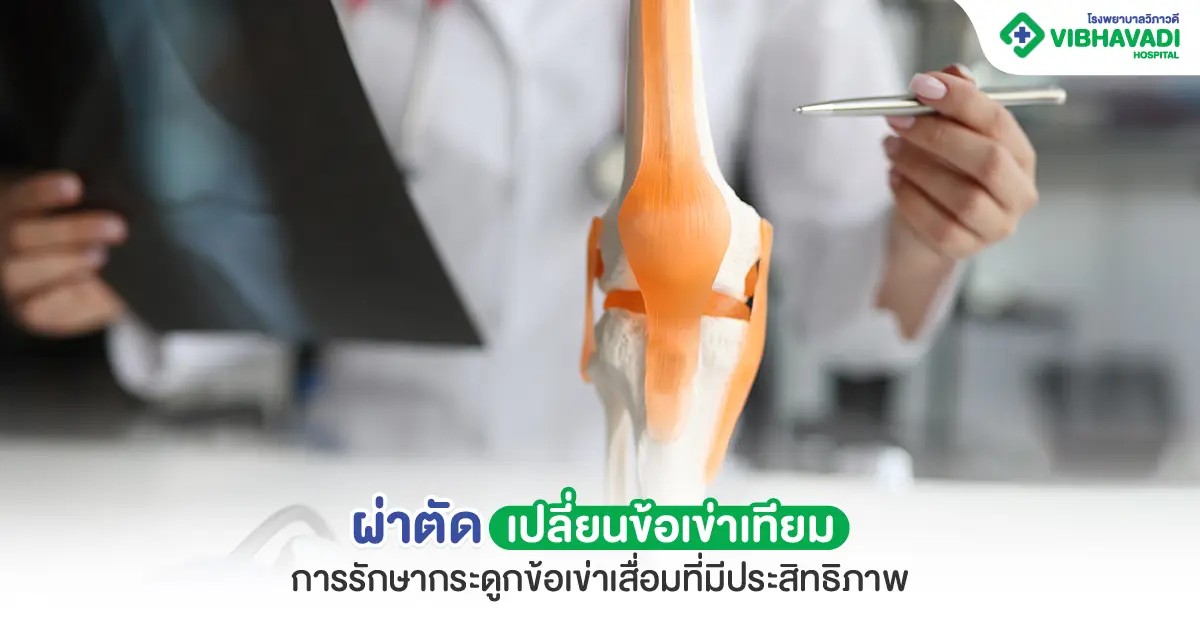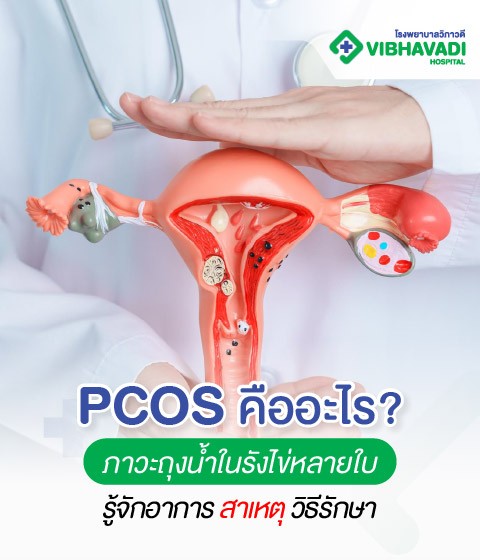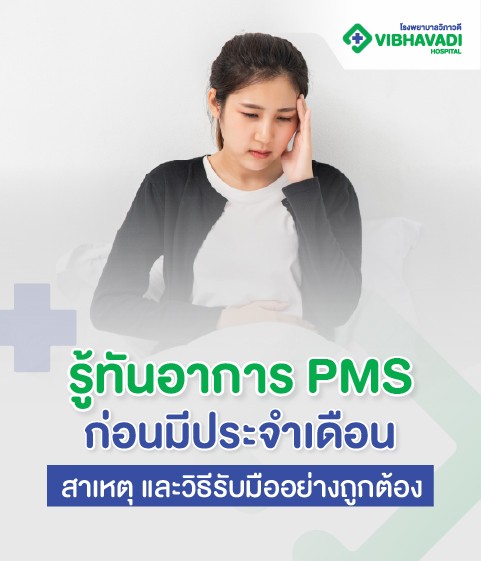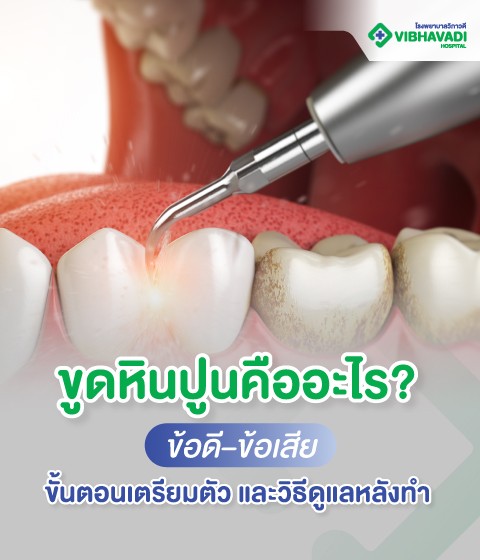Mouth Ulcer Causes
Mouth ulcers, also known as canker sores or aphthous ulcers, are small, painful lesions that develop inside the mouth. Although they are generally harmless and resolve on their own, persistent or recurrent mouth ulcers can indicate underlying health conditions that require medical attention. At Vibhavadi Hospital, we offer comprehensive diagnostic and treatment services to address mouth ulcers and their root causes, ensuring patient comfort and long-term oral health.
What Are Mouth Ulcers?
Mouth ulcers are open sores that form on the soft tissues inside the mouth, including the inner cheeks, lips, tongue, floor of the mouth, or gums. Unlike cold sores, mouth ulcers do not occur on the lips and are not contagious.
They typically appear as round or oval lesions with a white, yellow, or gray center and a red border. These ulcers can cause pain and discomfort, especially while eating, drinking, or talking.
Types of Mouth Ulcers
There are three primary types of mouth ulcers:
Minor Ulcers
The most common type (about 80% of cases)
Small (less than 1 cm)
Heal within 7–14 days without scarring
Major Ulcers
Larger and deeper lesions
May last for several weeks
Can leave a scar after healing
Herpetiform Ulcers
Multiple small ulcers that can merge into larger ones
Resemble herpes infections but are not caused by the herpes virus
Common Causes of Mouth Ulcers
1. Physical Trauma
Biting the inside of the cheek
Brushing too hard or using a hard-bristled toothbrush
Dental appliances such as braces or ill-fitting dentures
2. Nutritional Deficiencies
Low levels of iron, folic acid, zinc, or vitamin B12
Poor diet or malabsorption conditions
3. Stress and Hormonal Changes
High levels of emotional stress
Hormonal fluctuations, especially in women during menstruation
4. Food Sensitivities
Spicy or acidic foods like citrus fruits, tomatoes, coffee, and chocolate
Allergies to certain ingredients or preservatives
5. Underlying Medical Conditions
Autoimmune diseases (e.g., Behçet’s disease, lupus)
Gastrointestinal disorders (e.g., celiac disease, Crohn’s disease)
Viral infections (e.g., hand-foot-and-mouth disease)
6. Medication Side Effects
Nonsteroidal anti-inflammatory drugs (NSAIDs)
Beta-blockers or chemotherapy agents
Risk Factors to Watch For
Several risk factors may increase your likelihood of developing mouth ulcers:
Family history of ulcers
Smoking or tobacco use
Weak immune system
Lack of sleep or poor hygiene
Undergoing cancer treatment (chemotherapy or radiation)
Symptoms of Mouth Ulcers
Painful sore inside the mouth
Redness or swelling around the lesion
Difficulty eating, drinking, or speaking
Burning or tingling sensation before the ulcer appears
Fever (in severe cases or when associated with other systemic illness)
When to See a Doctor
You should seek medical attention if:
Ulcers persist longer than two weeks
Sores recur frequently
Pain is severe or interferes with daily life
There are additional symptoms such as fever, diarrhea, or skin rashes
Ulcers spread or worsen over time
Diagnosis and Evaluation at Vibhavadi Hospital
At Vibhavadi Hospital, our experienced otolaryngologists (ENT specialists) and internal medicine doctors provide thorough evaluations to identify the root cause of recurrent or persistent mouth ulcers.
Diagnostic Process Includes:
Medical History Review: Includes diet, medications, and systemic conditions
Physical Examination: Inspection of mouth, gums, and surrounding tissue
Blood Tests: To check for anemia, vitamin deficiencies, or autoimmune markers
Biopsy (if needed): In rare cases where malignancy is suspected
Treatment Options at Vibhavadi Hospital
Treatment depends on the severity and underlying cause of the mouth ulcers. We offer both symptomatic relief and root-cause management.
1. Symptom Management
Topical Medications
Antiseptic mouthwashes (chlorhexidine)
Topical corticosteroids to reduce inflammation
Local anesthetics (e.g., benzocaine gel)
Oral Medications
Pain relievers (paracetamol, ibuprofen)
Systemic steroids (for severe or autoimmune-related ulcers)
Nutritional Supplements
Vitamin B complex
Iron or folate if deficient
2. Treating Underlying Conditions
Adjusting medications if they are the cause
Managing autoimmune diseases in collaboration with rheumatologists
Gastrointestinal evaluations for chronic ulcers related to gut health
Preventing Mouth Ulcers
You can reduce your risk of developing ulcers by:
Eating a balanced diet rich in vitamins and minerals
Avoiding spicy, acidic, or allergenic foods
Using a soft-bristled toothbrush
Practicing good oral hygiene
Managing stress with relaxation techniques
Visiting your dentist regularly
Why Choose Vibhavadi Hospital?
Expert Medical Team
Our board-certified specialists include ENT doctors, dentists, gastroenterologists, and internal medicine physicians who work collaboratively to identify and treat complex oral health issues.
Comprehensive Services
From diagnostics to treatment and follow-up care, Vibhavadi Hospital offers an integrated approach using advanced equipment and patient-focused care.
Modern Facilities
Our hospital provides a safe, clean, and technologically advanced environment for patient care.
Frequently Asked Questions (FAQ)
What causes mouth ulcers to keep coming back?
Recurrent mouth ulcers may result from nutritional deficiencies, autoimmune conditions, or stress. If you experience frequent ulcers, a medical evaluation is recommended.
Are mouth ulcers contagious?
No, aphthous ulcers are not contagious and are not caused by infections like herpes simplex virus.
Can mouth ulcers be a sign of a serious condition?
In some cases, yes. Persistent or unusual ulcers may signal systemic diseases or, rarely, oral cancer. If in doubt, consult a physician.
What can I eat while I have a mouth ulcer?
Soft, non-spicy, and non-acidic foods are recommended. Avoid citrus, salty snacks, and hot drinks until the ulcer heals.
How long do mouth ulcers last?
Minor ulcers typically heal within 7–14 days. Major or herpetiform ulcers may take longer and require medical treatment.

